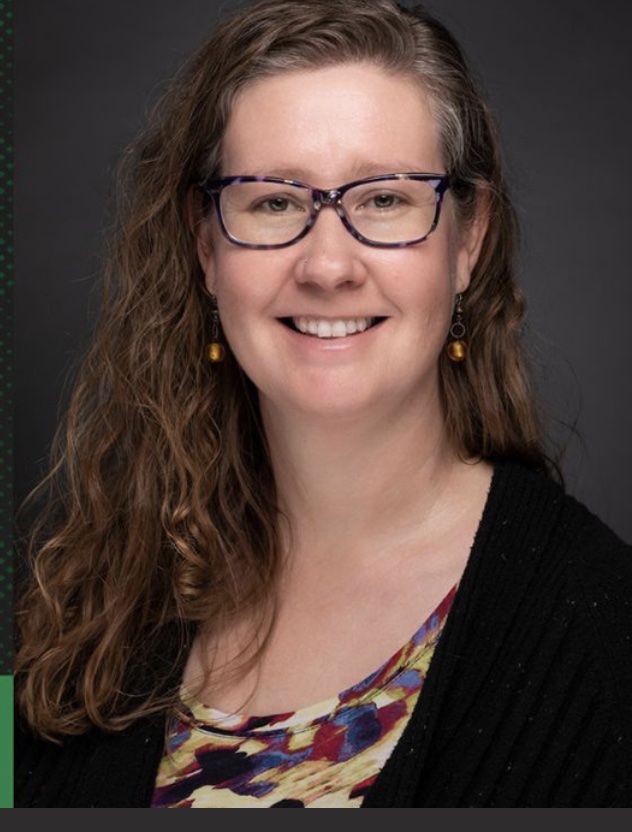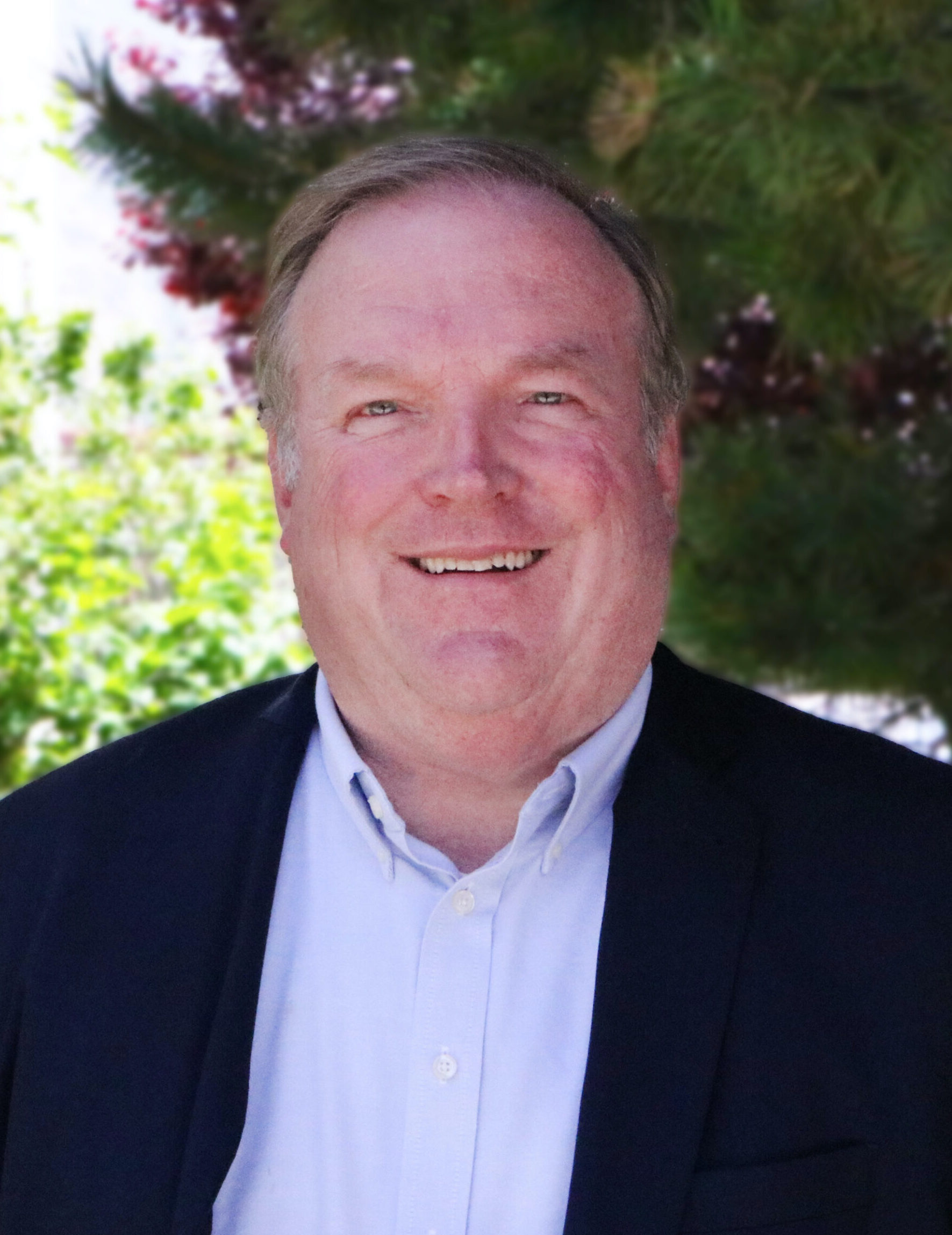
The Center for the Study of Ethics is pleased to host its thirty-first annual Ethics Awareness Week from September 23rd - 27th. Our focus this year will be oriented around the theme of "Shaping Our Futures: Ethics and Forward Thinking ." Faculty and students from across campus will present on a variety of related topics including predictive AI, climate change, ethical responsibilities to future generations, and more.
Sessions will include panel discussions, lectures, workshops, and film screenings. As always, the event is free and open to the public and hosted online via YouTube Live. For more information about our ethics programming, you can visit the Ethics Center website or contact Courtney Burns at [email protected].EAW Global Schedule 2023
CB-511
CB-511

Hilary Hungerford
Professor of Geography
Utah Valley University
CB-511
Silvia Clark
Assistant Professor of Organizational Leadership, UVU
Angela Schill
Assistant Professor of Organizational Leadership, UVU
Maureen Andrade
Professor of Organizational Leadership, UVU
Jeff Peterson
Associate Professor of Organizational Leadership, UVU
Jonathan Westover
Chair, Department of Organizational Leadership, UVU
Moderator
Jill Jasperson
Associate Professor of Organizational Leadership, UVU
CB-511
Meaghan McKasy
Assistant Professor of Communication, UVU
Meghana Rawat
Assistant Professor of Communication, UVU
David W. Scott
Professor of Communication, UVU
Jessica Robinson
Assistant Professor of Communication, UVU
Moderator: Stevie Munz
Faculty Fellow, Center for the Study of Ethics, UVU
CB-511
CB-511
Laurel Dias
Assistant Professor of Secondary Education, UVU
Adam Ogurlu
Assistant Professor of Elementary Education, UVU
Moderator: Bryan Waite
Professor of Secondary Education, UVU
Luncheon for invited guests

CB-511
Moderator: Alaina Sapp
Philosophy major & Ethics Student Fellow, UVU
Case 1: You are in a position to determine the curriculum at your school. Some parents have approached you complaining that one of their children’s teachers is teaching about the history of racism (slavery) in our country, and it is making them feel bad about themselves (they are white). They want the lessons on slavery and social injustice to stop and the teacher disciplined. What should you do?
Case 2: You are responsible for ordering food stuffs for your university. You’re made aware that one of your suppliers is a factory farm, which has many complaints against it from animal rights activists. You know there is another supplier from whom you could purchase the same meat from, and they have been certified as humane. Though they would cost you more, which cost would have to be passed on to the students. What should you do?
Case Analysis:
I. Get the Facts: What are the three most relevant facts of the case? Which facts might need to be researched? (The historical circumstances leading to the situation, scientific considerations, economic considerations, legal & political considerations, cultural factors and customs)
II. Identify the Stakeholders: What individuals and groups have an important stake in the outcome? Is there a privileged stakeholder? (One that for some reason is more vulnerable than the others due to age, ability, etc.)
III. Identify the Moral Issue: What’s wrong? Where is the conflict or clash of interests between the stakeholders? What is the most important thing to be decided in this case?
IV. Identify three approaches or resolutions to what needs to be decided: What are three possible options for acting?
V. Answer the question. What is the right thing to do?
Run the approaches through the following moral criteria to see which one is the most morally praiseworthy response. Some principles may be more relevant than others. The best moral approach to this case will satisfy the basic ethical requirements of respect, fairness, beneficence, and care.
Principle of Respect: This choice respects everyone as persons of worth and values. Treating others as I want to be treated.
Principle of Fairness: This choice is fair to everyone. No one gets more or less than they deserve. It treats everyone’s interests and needs impartially and without prejudice.
Principle of Beneficence: This choice produces the most good and least harm in the outcome.
Principle of Care: This choice increases trust and minimizes violence and future conflict.
VI. Objections & Refutations: What might someone reasonable say against our solution? How would we respond to that objection?
CB-511
Cinimin Kofford
Site Manager, Capitol Reef Field Station, UVU
Michael Stevens,
Director, Capitol Reef Field Station, UVU
CB-511
Panel Discussion
Center for the Study of Ethics"Viewpoint Diversity
in Higher Education"
Andew Bibby
Associate Director, Center for Constitutional Studies, UVU
Richard Cho
Assistant Professor of Political Science, UVU
Moderator: Brian Birch
Director, Center for the Study of Ethics, UVU
watch Thursday 11:30 Session
CB-511
Ryan Vogel
Director, Center for National Security Studies, UVU
Brandon Amacher
Director, Emerging Tech Policy Lab, UVU
CB-511
Christa Albrecht- Crane
Professor of English & Literature, UVU
Matt North
Chair, Department of Information Systems & Technology, UVU
David Connelly
Associate Provost for Student Success, UVU
Moderator: Brian Birch
Director, Center for the Study of Ethics
CB-511
CB-511
For more information, contact Courtney Burns at [email protected]